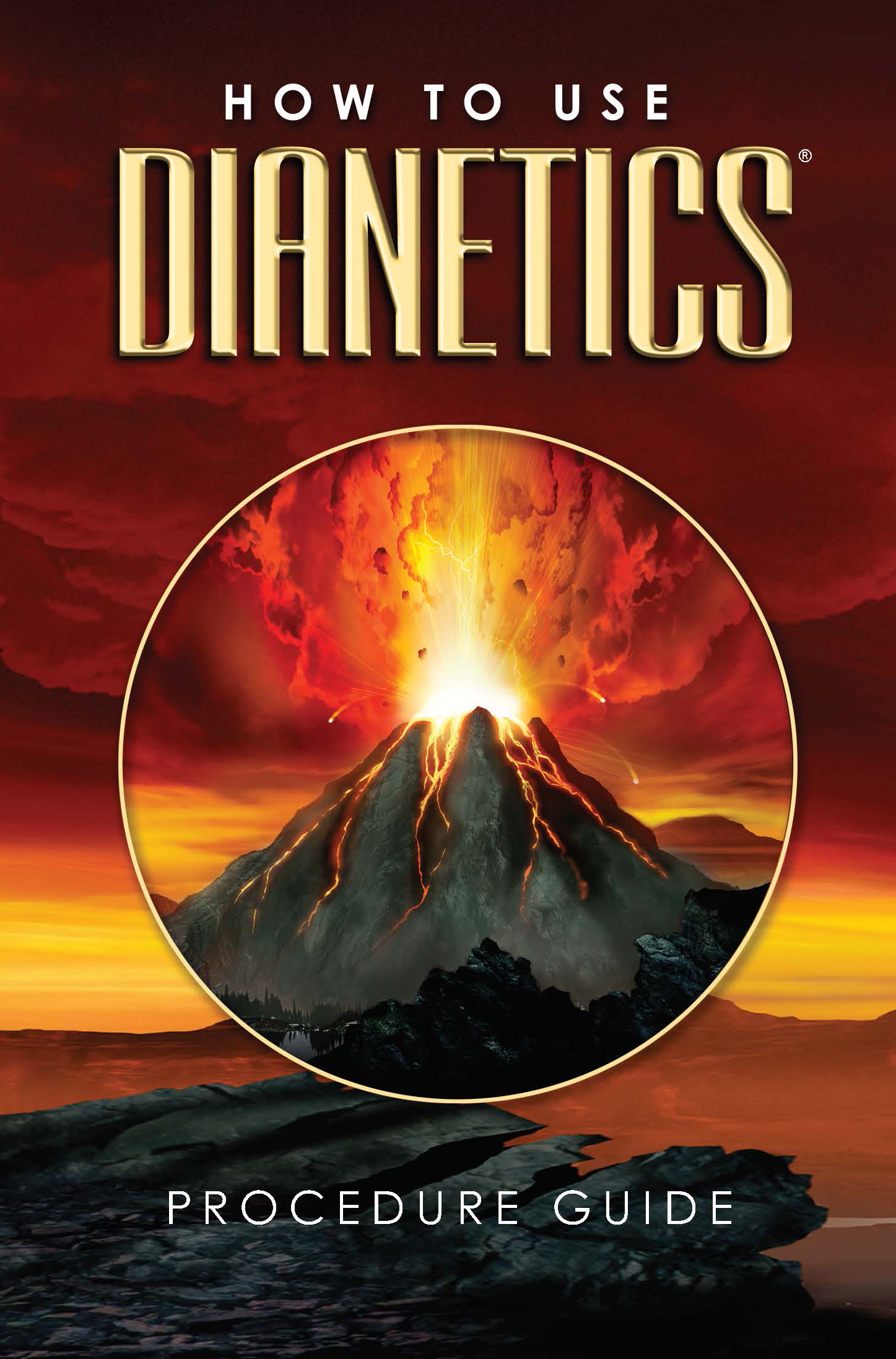About Dianetics
About Dianetics
Blog Article
Examine This Report on Dianetics
Table of ContentsDianetics - An OverviewSome Known Factual Statements About Dianetics All about DianeticsThe 4-Minute Rule for Dianetics
I could not ever not desire to receive anything that enters your mind for you- if it was or else, I wouldn't be resting below with you, doing this. I not only could never have a problem, or otherwise intend to listen to something that enters your mind for you, yet I'm totally anxious to recognize every idea, every idea, every picture or feeling that arises or shows up for you- do not ever before assume otherwise, and if somehow you do, please just allow me understand! Often, you might have an idea, and image, concept or event pop up that does not appear to address the concern, or connect to it, but nonetheless, constantly do tell me regarding it, and as we proceed, the importance will emerge for you.This is inherent in the basis of handling, and the topic of this discussion: the fundamental functions of the counselor and the client: The fundamental role of the therapist is, in contrast to "common training", not to manage, which indicates to implement and/or inhibit, yet to rather work from the basis of EMPOWERING THE CUSTOMER.

The Best Guide To Dianetics
John Mcmasters expressed this basic truth wonderfully well in among his talks on Power processing, in which he describes exactly how he was asked what this "special propensity" was that he had for offering such great sessions; he had to think regarding that for a moment, and detected that it was what he wasn't doing, along with what he was doing: he had not been evaluating, judging, computing, or as a matter of fact, generating any kind of thoughts, let alone spoken expressions, after providing the command and while awaiting the PC to finish their response to their fulfillment; he was, simply and only, existing with the PC, and entirely interested.
The duty of the counselor, demonstrated; that was his "special flair". I have actually had my own experience which instructed me this well, very early on in the game. In 1982, having lately finished my training and internship on New Age Dianetics, I was running this on a COMPUTER, and there was a point in the session where (being a little bit damp behind the ears not yet having many hours under my belt as a navigate here professional auditor) the computer appeared to be "taking as well long" to share anything vocally after I provided him a command.
This secret became the most beneficial contribution that John ever before made to the subject of treatment or auditing (Dianetics). In my simple opinion, it is the greatest contribution that anyone has actually ever before made to these subjectsthe application is totally non-judgemental, non-evaluative, and without any kind of idea, guidance or opinion.no preconceived program for people, or 'degrees' that they must do
In Scientology we prided ourselves on not evaluating for people. All that actually meant was that the auditor did not VERBALLY assess for the Computer in session.
Excitement About Dianetics

Anyone who had actually ever seen John audit might not assist but see a special quality in his auditing."The customer's fundamental duty is to be there with the objective of relocating the instructions of their spiritual objectives, and to easily and totally share and experience whatever manifests for them in responding to the inquiries and performing the instructions in the processing.
This is something to procedure as needed. Also, individuals regularly have previous experience and/or brainwashing in auditing/processing which, in some ways, and to some degrees, in fact deceives them right into mindsets, concepts and habits patterns that avoid the complete awareness of these duties, and so they will certainly often tend to hinder the expressing of what comes to mind, as in the examples offered above - Dianetics. * The first, and maybe primary instances of mis-indoctrination resulting in much less than completely smooth and efficient sessions, can be found in certain facets of the training regimens, or "TR's":"TR's" are usually an individual's initial, or at the very least early, experience in Scientology, and while I will click for source go on to explain what I see as the defects in idea and practice, however, have a tendency to be significantly healing, done as they are offered (Hubbard urges that "TR's are like this not processing, they are educating", however factually, they are both handling AND training)
Alan Walter made similar observations, and improved these with his "Existence Processes". There is no "flunking", and no denial of the truth of this being handling. The focus, as it should be, gets on experiencing the various other individual's visibility. All the symptoms which get a "flunk" in doing "TR-0" are simply the being's initiatives to withstand the other person's existence, and rather than being harassed and pestered with "Flunk", which enforces "failing!" on the being, one just needs to be encouraged to "stick their feet in the water a little much deeper", to progressively refurbish their ability and willingness to completely share and experience "being right here", or "visibility", with others.
4 Simple Techniques For Dianetics

Report this page